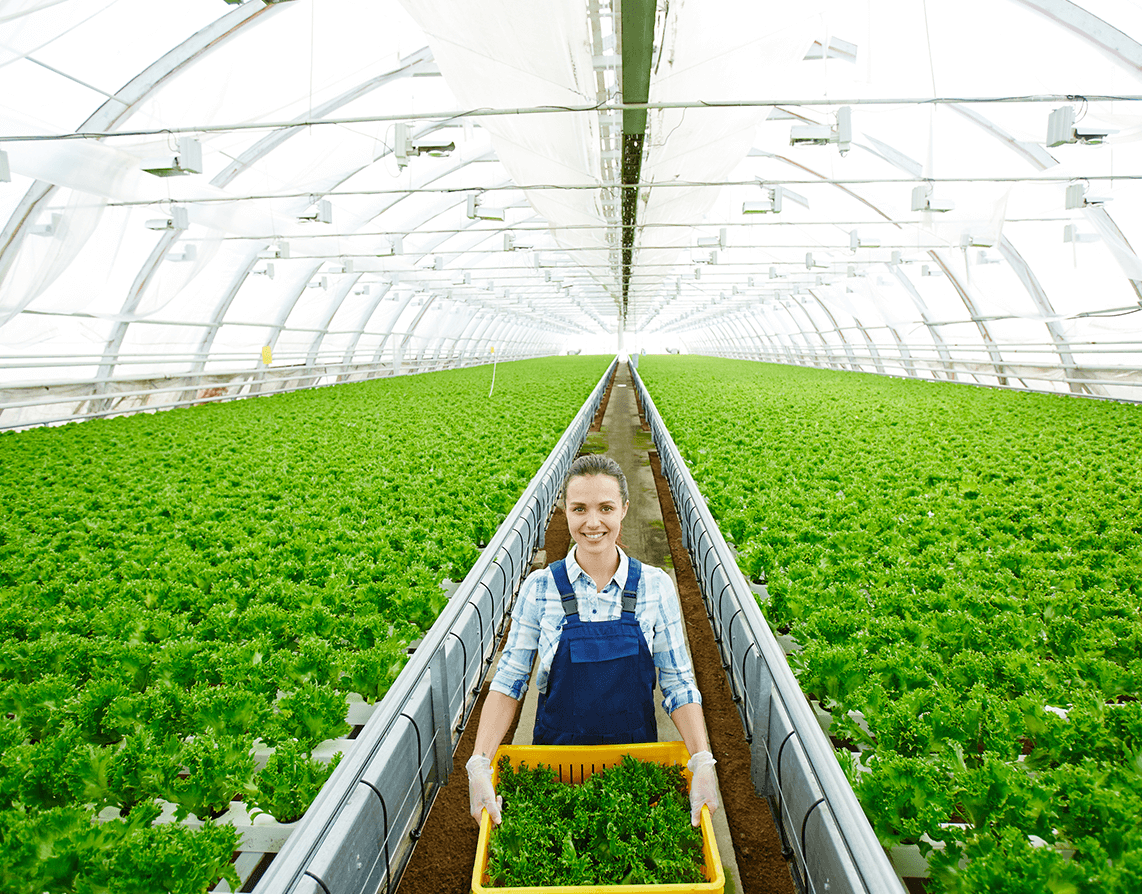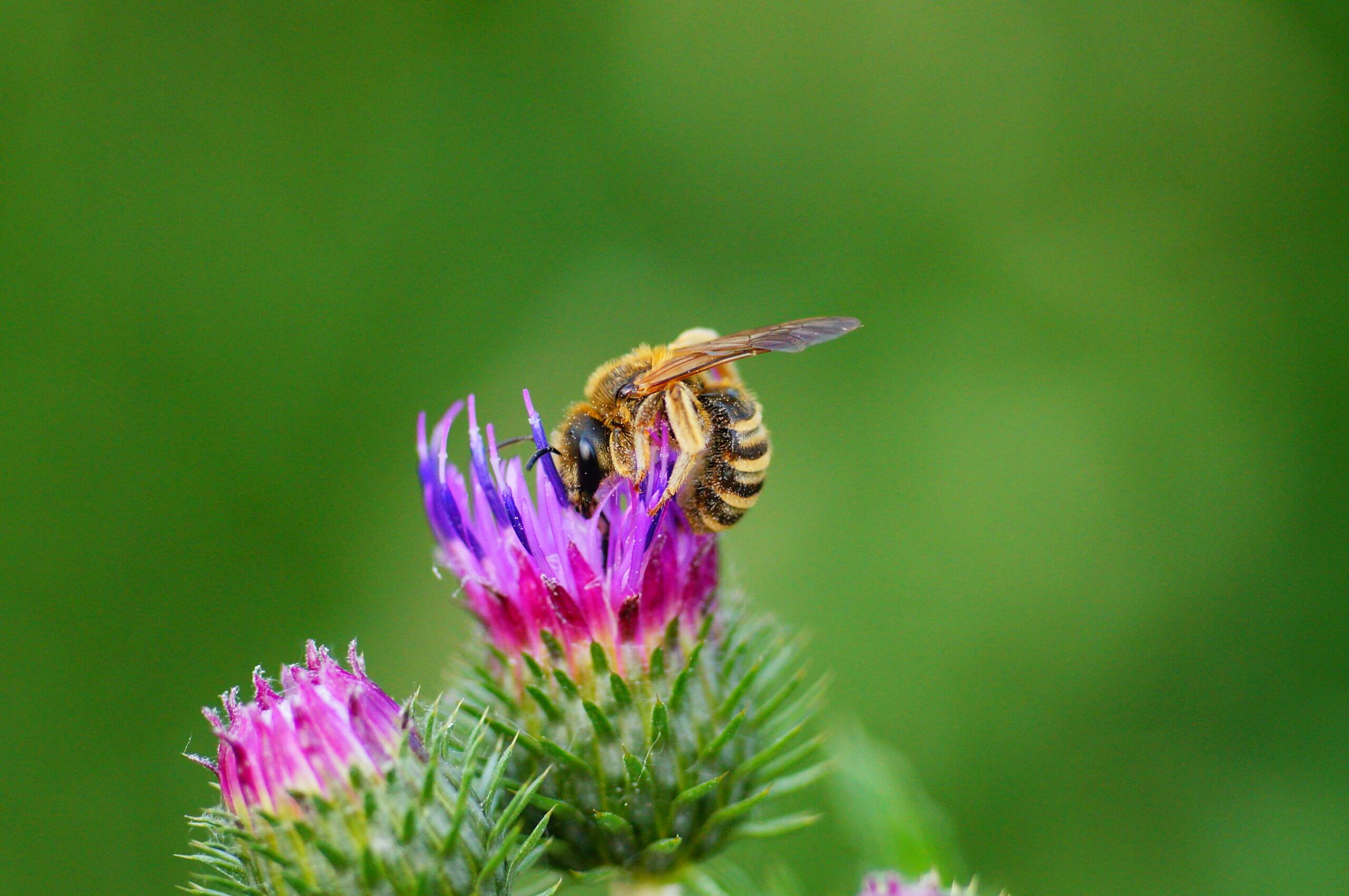Emerging trends for the Agri Food industry.
We hardly need reminding that the last few years have seen upheavals in many industry sectors. Among those most affected have been hospitality, and retail. The linking factor there being food. Changing consumer tastes, and supply issues have contributed to many businesses tearing up their previous business models and examining how they trade in an altered marketplace.
Eating Habits
In an opinion piece at Hospitality.net Lionel Saul and Tatyana Tsukanova suggest that changes in eating habits are causing a significant shift in the culinary aspects of tourism. They say that: “Vegans, vegetarians, and flexitarians are gaining immense traction in food tourism.” Changes in our food consumption will have significant effects. “Currently, 85% of agricultural land in England is used for pasture for grazing animals such as cows or to grow food that is then fed to livestock”. By growing plant-based foods for human consumption enables more sustainable land use, as well as reducingthe 57% of agricultural greenhouse gases that animal-based foods account for. Demand for vegan, and vegetarian foods in both retail and hospitality sectors will be a key driver towards less intensive farming methods and shorter supply chains.
.


External Influences
External influences on the food supply, the war in Ukraine, supply chain problems for UK supermarkets, some related to the Pandemic and some to Brexit, have weakened consumer confidence in the food supply industry. Initiatives such as Farm to Fork and moving towards a more circular economy will go a long way to alleviating these problems but will take time to bear fruit. Climate change is also taking its toll. Heatwaves could reduce grain harvesting by 5% in the European Union in the 2022 season. Around 85,000 acres of land, much of it agricultural, was destroyed by fire this summer. But significant as that is to food production the less visible aspects can be even more concerning.
Wonderful bees
Bees are responsible for pollinating between a third and a half of commercially produced crops, including cabbages, oil seed rape and apples. Research by University College London has found that
“more than 70% less abundant in areas with intensive cropland, compared to wild sites, the researchers say that more sustainable agricultural practices are needed to avert widespread losses
of bees and other valuable insects.” The International Pollinators Initiative promoted by the UN-FAO, is building coordinated worldwide action to monitor pollinator decline, identify practices and build capacity in the management of pollination services for sustainable agriculture and improve food security, nutrition, and livelihoods. In the UK, the challenge to increase the bee population has been taken up by the National Pollination Service of the Bee Farmers’ Association. Working with Defra the are reintroducing Bees to farms and helping to improve crop yields by providing a suitable
environment for the pollinators.

Conclusion
There is so much good news to be shared about how the Agri-food sector is recognising and responding to these new working methods. Super Motion will be there to document it. At our Agri Food Pioneers You Tube channel we talk to people in the agri-food industry about the positive and environmental changes they are making to deliver a sustainable, low carbon and regenerative future. Our mission is to deliver powerful stories from the agri-food world that captivate our clients’ audiences. Book a strategy call with us today to learn more about how video can communicate your story effectively.

Recent Comments